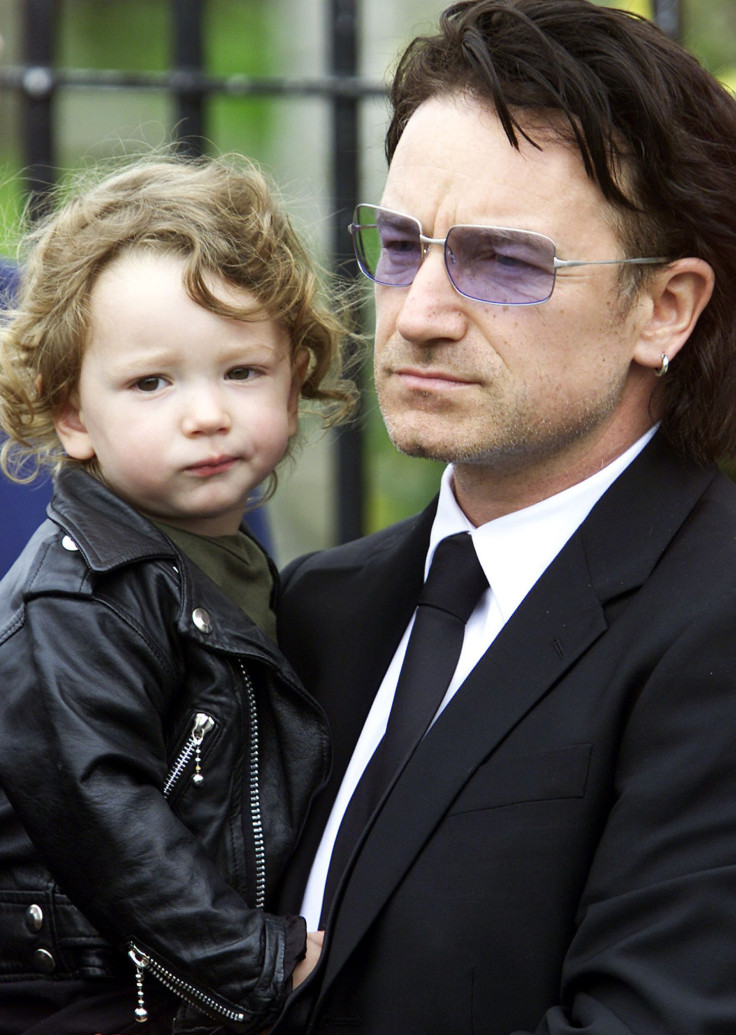Men Also Have a Biological Clock: Older Dads Pass on More Gene Mutations, Linked to Autism and Schizophrenia

Moms' biological clocks have been discussed quite a lot when it comes to fertility, since research has shown for years that there is a definite link between mothers' ages and the risk of Down Syndrome in their children. Now, new research, published in the journal Nature, says that the age of fathers is actually more important than the age of the mother in protecting the health of their unborn children.
The study, conducted by Kari Stefansson and his colleagues at the Icelandic company deCODE Genetics, Denmark's Bioinformatics Research Centre, England's Illumina Cambridge Ltd., and the University of Iceland, examined the genomes of 78 Icelandic parent-offspring trios. The average age of the fathers included in the study was 29.7. The children, according to the Wall Street Journal, all had diagnoses of schizophrenia and autism. Previous research had indicated that advanced paternal age was linked with risks of autism and schizophrenia, though scientists had not been able to understand the cause of said link.
The team searched for mutations in the child's genome that did not exist in either of their parents' genomes. Finding such a mutation would mean that it must have arisen spontaneously in either the egg or the sperm.
According to the study, fathers passed on four times the amount of mutations as mothers: 55 versus 14. In addition, the amount of mutations increased as fathers aged. A 20-year-old father passes on an average of 25 of these errors, while a 36-year-old will pass on double that amount. In the rare chance that a 70-year-old man becomes a father, he will pass on eight times as many mutations as that same 20-year-old.
The reason that men provide more errors than women do is that women are born with all of their eggs. Men, on the other hand, must produce new sperm every time he has sex. It is during the production of sperm that these genetic errors take place.
The majority of mutations are harmless, but Stefansson and his team did find some that have been linked to autism and schizophrenia. That link may explain the rise of autism in the United States and worldwide.
The Centers for Disease Control and Prevention reported in 2008 that 1 in 88 children has an autism spectrum disorder, a 78 percent increase since 2007. Of course, some of that increase recorded by the CDC is due to better, more inclusive screening methods for autism, experts say - but the study suggests that some of that increase is due to older fathers.
In the United States and Iceland, many couples are delaying beginning their families. In Iceland, the average age of fathers has increased from 34 to 38. But Mark Daly, from the Massachusetts General Hospital in Boston, pointed out to Nature's blog that most cases of autism are not caused from a single mutation, so there must be predisposing factors that researchers have not yet found.
Researchers point out that genetic mutations are the basis for natural selection and evolution. "You could argue what is bad for the next generation is good for the future of our species," Kari Stefansson quipped to Nature.



























